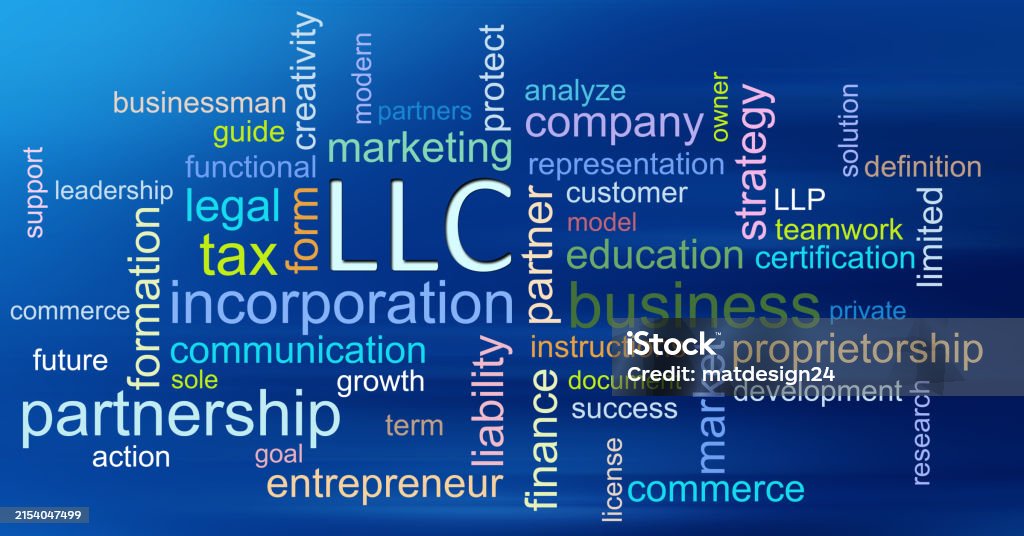Selling a company in Chad is more than a transfer of ownership. It is a deeply procedural, highly personal, and emotionally charged transaction. Every signature, every document, and every handshake carries weight. Whether you’re stepping away to pursue something new, this guide offers a grounded, honest, and thoroughly human look at how to sell a business in Chad the right way.

Prepare the company for sale
Before listing or discussing a sale, the business needs to be clean—legally, financially, and structurally. Think of this stage as the act of tidying up your home before inviting someone in to consider buying it.
- Settle outstanding debts and taxes
- Update corporate records at the RCCM
- Ensure compliance with labor and tax authorities
- Organize all financial statements
- Clarify ownership structure and shareholder rights
In Chad, the informal overlaps with the formal. Buyers won’t just look at your books—they’ll walk through your business, ask around, and feel the energy. A well-organized business speaks louder than any pitch.
Determine the value of the business
Valuation is not math alone. It’s a blend of numbers and nuance. In Chad, where markets shift quietly and data is often limited, the true business value is found somewhere between balance sheets and backstories.
Valuation methods include:
- Asset-based valuation (for businesses with physical or capital-heavy holdings)
- Revenue-based or profit multiplier (for ongoing, profitable ventures)
- Market-based comparisons (rare, but possible in larger sectors)
But beyond the method, value is also influenced by reputation, relationships, goodwill, and how well the business fits into the local economic fabric. Sometimes, value shows up in places a spreadsheet can’t see—like loyal clients, a trusted manager, or a quietly efficient supply chain.
Find the right buyer
In Chad, buyers are rarely found through online platforms or cold inquiries. Sales often happen within circles—friends of friends, business contacts, or people already familiar with the sector. Confidentiality matters here. Word spreads fast.
Potential buyers may be:
- Competitors looking to expand
- Investors entering the market
- Foreign entities needing a local structure
- Employees or managers who know the business inside out
Take your time. Share details slowly, and with care. The wrong buyer can complicate more than the deal. The right buyer will understand not just the numbers but the heartbeat of what you’ve built.
Negotiate the terms
This stage is human to the core. Negotiation in Chad is not just about price—it’s about trust, tone, and presence. You may sit down over coffee, over three or four meetings, with the rhythm unfolding gradually. Rushing can sour everything.
Common negotiation points:
- Sale price and payment structure (lump sum vs. installments)
- Transfer of assets and liabilities
- Transition period for handover
- Inclusion of goodwill, trademarks, and customer lists
- Non-compete clauses (if applicable)
It’s not unusual for negotiations to pause, loopback, or shift course. Patience isn’t optional—it’s part of the terrain.
Draft the sale agreement
Once both parties agree in principle, it’s time to bring in legal structure. The sale agreement must be drafted in French, and it must be precise.
Key elements:
- Details of the buyer and seller
- Clear identification of the company being sold
- Terms of payment
- List of transferred assets and liabilities
- Date of legal effect
- Signatures and, often, notarization
You’ll need a lawyer, and likely a notary. In Chad, a notary isn’t just an official witness—they’re a guide through the legality, and they often handle the administrative filings that follow.
Update the RCCM and tax authorities
Once the sale is finalized, the company’s details must be updated at the Registre du Commerce et du Crédit Mobilier (RCCM). This includes:
- Change of ownership
- Change of managing director (if applicable)
- Updated Articles of Association (if structure changes)
The tax office must also be notified to update the Numéro d’Identification Fiscale (NIF). If the sale includes capital gains, those must be declared. In Chad, the authorities are meticulous. Missing one form can lead to weeks of delay. So everything—every paper, every seal—must be in place.
Transfer bank and operational control
Once the legal change is complete, operational control must shift smoothly. This includes:
- Changing authorized signatories at the company bank
- Handing over passwords, documents, keys, systems
- Notifying clients, suppliers, and staff
Some sellers remain onboard for a short transition period to ease the handover. This is common and often expected. Trust is handed over slowly, even when papers are signed.
Final thoughts
Selling a company in Chad is not just about contracts or financial gain. It’s about closing a chapter with care. Businesses here aren’t abstract entities. They’re real—made of people, stories, and sweat. And selling one means acknowledging all of that.
Move slow. Speak clearly. Respect every step. In Chad, business is never just business. It’s human. And when done right, selling a company is not an ending—it’s a beginning, for both sides.
You may also find these articles helpful
Guide on Company Registration in Chad
Types of legal business structures in Chad





